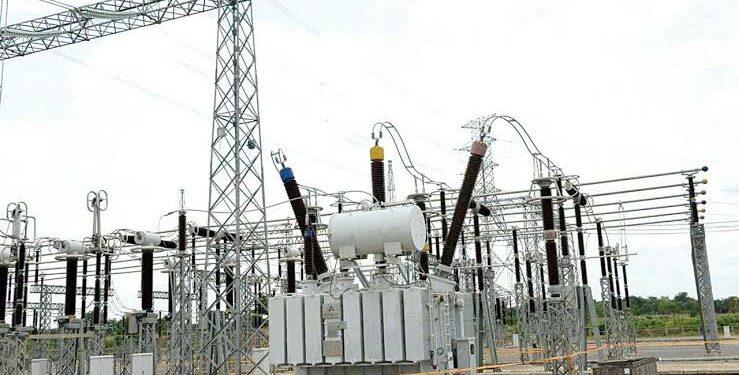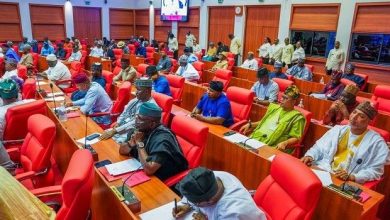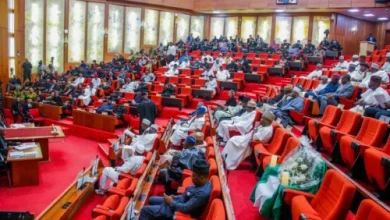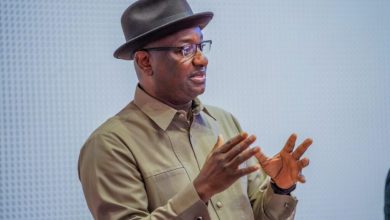News
Nigeria’s electricity subsidy bill hits N1.9trn in 2024

The Nigerian Electricity Regulatory Commission (NERC) has released its 2024 Annual Report, revealing a significant gross electricity subsidy tariff shortfall of N1,949.17 billion incurred by the Federal Government.
According to data sourced from the Nigerian Electricity Regulatory Commission’s newly released 2024 Annual Report, the debt was incurred as a result of a lower-than-cost-reflective tariff as computed for the year under review.
As a result, NERC said the government undertook to cover the resultant gap (between the cost-reflective and allowed tariff) in the form of tariff shortfall funding, which amounted to a total of N1,949.17 billion in 2024.
The report, however, did not state whether or not the subsidy had to be paid by the Federal Government.
Further analysis of the report showed that in the first quarter of last year, the gross tariff subsidy incurred by FG was N633 billion, in Q2 2024, the tariff shortfall dropped to about N380 billion, in Q3 same year, the shortfall climbed to N464 billion, and by Q4, the tariff shortfall had climbed further to N471 billion.
This is as the Distribution Companies (Discos) again posted a sharp 40 per cent year-on-year revenue increase in April 2025, amid a total billing of N257.57 billion for the month.
The NERC indicated that for the month under consideration, the electricity utility companies raked in N199.85 billion, a record in recent times.
According to NERC, despite the record sum collected, it translated to a collection efficiency of 77.6 per cent, an improvement on March’s 71.1 per cent collection rate, still falling short of the funding needed to ensure full liquidity and sustainability in the Nigerian Electricity Supply Industry (NESI).
The impressive rise in billing occurred despite the total energy received by the Discos dropping to 2,622.46 gigawatt-hours (GWh), a 9.2 per cent decrease from the previous month.
Of this, the volume of electricity billed to customers stood at 2,184.61 GWh, a decline of 5.8 per cent, signalling that that the revenue jump was not driven by improved energy delivery, but largely by higher end-user tariffs, especially for Band ‘A’ customers, who are billed what has been described as cost-reflective rates of approximately N209 per kilowatt-hour, following the April 2024 adjustment from the previous N66/kWh.
The tariff reform, which more than tripled the cost of power for Band A customers, was intended to reflect the true cost of service and reduce the federal government’s subsidy burden.
It also aimed to boost cash flows to Discos and Generation Companies (Gencos) while attracting investor confidence in the sector.
In the first quarter of 2025, total billing in the power sector hit N744.27 billion, with N553.63 billion collected, resulting in a quarterly collection efficiency of 74.4 per cent, down from 77.4 per cent recorded in Q4 2024.
Over the same four-month period ending in April, the billing figure rose to about N1.02 trillion, but under-recovery hit N260 billion, reflecting persistent payment challenges among consumers, growing energy poverty, and uneven service delivery.
One of the most pressing concerns remains the Aggregate Technical, Commercial, and Collection (ATC&C) losses, which stood at an average of 39.6 per cent in Q1 2025.
This is nearly double the 20.5 per cent target set under the Multi-Year Tariff Order (MYTO), resulting in estimated revenue losses of N200.5 billion.
For the month under review, Eko Disco collected 100 per cent of its revenue, which hit N38.7 billion, rising by 28.82 per cent; Ikeja collected N34.68 billion, with a revenue rise of 6.1 per cent, while Abuja Disco got 30.27 billion, a 4.3 per cent dip.
The substantial debt stems from lower-than-cost-reflective tariffs computed for 2024, prompting the government to cover the gap between actual costs and allowed tariffs.



